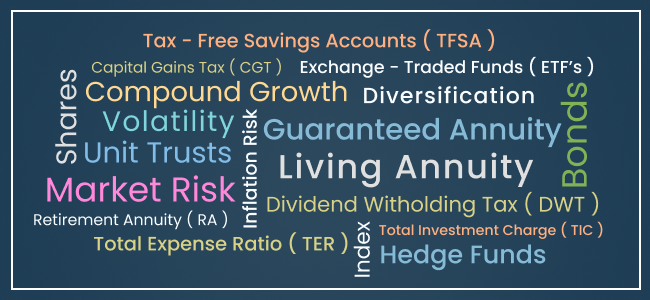“Money is a terrible master but an excellent servant.” (P.T. Barnum)
It seems strange. A man with more money than he could ever spend – a wealthy investor, entrepreneur, or heir – still often says, “It’s a waste of money.” He longs to see his children overseas, yet he won’t fly to them because he hates flying economy. When someone suggests he fly business class, he quickly dismisses it. It’s not that he can’t afford it, but it feels wrong to spend that much.
This is not an unusual story. Many advisors will quietly agree. Even among great wealth, a deep scarcity mindset – a view shaped not by current resources but by past experiences, personal beliefs, or unresolved fears – can remain.
Understanding the scarcity mindset
The scarcity mindset is a way of thinking where you focus on what you lack rather than what you have. This often leads to decisions that are overly cautious, emotionally conflicted, or even self-sabotaging, particularly when it comes to spending or investing for personal enjoyment or relationships.
Scarcity doesn’t only come from having little. It can come from:
- A childhood of lack, where even minor spending was discouraged or impossible.
- Inherited beliefs, where saving and caution are culturally or morally valued—even glorified.
- Fear of judgment, where others’ views on indulgence create feelings of shame or discomfort.
- Control issues, where saving acts as a form of security or self-discipline in an unpredictable world.
- A legacy complex, where maintaining the family fortune is valued more than present emotional needs.
The high cost of saving
In the story of the father who wouldn’t fly to see his children, the cost wasn’t just a plane ticket – it was the loss of connection. His refusal to spend on comfortable travel didn’t save wealth. It cost him memories, closeness, and a stronger relationship with his family.
We often talk about the emotional impact of scarcity among the poor, but it can be just as harmful (if less obvious) among the wealthy. Feelings of estrangement, a lack of joy, and anxiety often appear as signs of unrecognised scarcity. Ironically, this mindset can lead to a kind of poverty of experiences.
From scarcity to stewardship
The solution to scarcity isn’t reckless spending – it’s mindful stewardship. This means asking not just, “What does this cost?” but also, “What does this allow?” For those with wealth, this shift in mindset is subtle yet meaningful. We can help reframe financial choices around values and emotional benefits:
- What would it mean to spend with intention?
- What relationships could grow through generosity or travel?
- What fears are behind the reluctance to spend?
- How does this choice fit with your desired legacy?
A new measure of wealth
Maybe true wealth isn’t about the size of your portfolio, but about the freedom to act based on what matters most. Flying business class to see your children isn’t a waste if it leads to a deeper connection. Giving generously isn’t foolish if it helps the next generation grow. Taking time to travel, reflect, and enjoy the fruits of your labour isn’t indulgent – it’s wise.
As your financial planners we can facilitate these discussions. We help families redefine wealth, not as hoarding or protecting, but as nurturing, connecting, and thriving. Because, in the end, the wealthiest are not those who have the most to spend, but those who feel the freest to live fully.
To discuss your financial health, speak to us.
Jason Yutar: +27 83 415 9603 or
Zaheera Mohammed: +27 82 775 1898
Disclaimer: The information provided herein should not be used or relied on as professional advice. No liability can be accepted for any errors or omissions nor for any loss or damage arising from reliance upon any information herein. Always contact us for specific and detailed advice.
© FinDotNews





